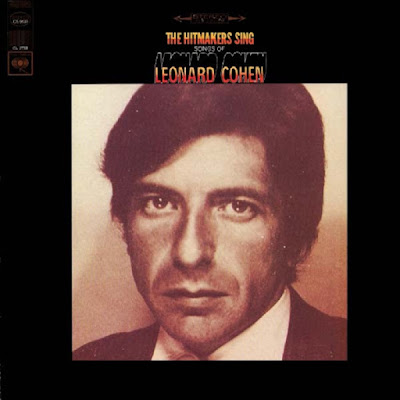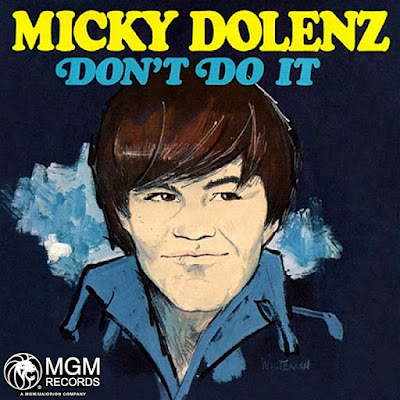Go-Go's were formed in Los Angeles in 1978, consisting initially of Belinda Carlisle (vocals), Jane Wiedlin (guitar, background vocals), Margot Olavarria (bass), and Elissa Bello (drums), and they were originally a punk band, with their roots in the L.A. punk community. They began playing gigs at punk venues such as The Masque and the Whisky a Go Go in Los Angeles, and in 1978 Charlotte Caffey was added on lead guitar, keyboards, and background vocals. The next year Gina Schock replaced Bello on drums, and with these line-up changes, the group began moving towards their more-familiar power pop sound. During late 1979, they recorded a five-song demo at Gold Star Studios in Los Angeles, and in 1980, they supported the British ska revival groups Madness and The Specials in both Los Angeles and England. They subsequently spent half of 1980 touring England, earning a sizable following, and they released the demo version of 'We Got The Beat' on Stiff Records, which became a minor UK hit. In December 1980, original bassist Olavarria fell ill and was replaced by Kathy Valentine, who had played guitar in bands such as Girlschool and the Textones, but who had never previously played bass guitar. Go-Go's signed to I.R.S. Records in April 1981, and that year's debut album 'Beauty And The Beat' was a surprise hit, topping the U.S. charts for six weeks in 1982, and eventually receiving a double platinum certification.
The follow-up album, 'Vacation', received mixed reviews and sold less than 'Beauty And The Beat', but was still certified gold in the U.S., and spawned another Top 10 U.S. hit with the title track. In 1984, the group returned with the Martin Rushent-produced 'Talk Show', and despite the album tracks 'Head Over Heels' and 'Turn To You' both being Top 40 hits in the U.S., the album sold less than the previous two, not reaching the U.S top 10 and not receiving any certification. Personality conflicts and creative differences within the group were also taking a toll, as were drug addiction problems for some band members, and Wiedlin announced her departure in October 1984. The band sought a replacement, selecting Paula Jean Brown (of Giant Sand) as their new bass guitarist, with Valentine moving to rhythm guitar. This line-up debuted at the 1985 Rock in Rio festival, playing two shows, but Carlisle and Caffey soon realized their hearts were no longer in the group and decided to disband Go-Go's in May 1985. After the split all of the members embarked on solo careers, with Carlisle's debut solo studio album 'Belinda' being released in 1986 on I.R.S. Records, including the hit singles 'Mad About You', a cover of Freda Payne's 'Band Of Gold', and the Charlotte Caffey-penned 'I Feel The Magic'. The musical style of 1987's 'Heaven On Earth' eschewed the 1960's-influenced pop of her debut studio effort in favour of slickly produced 1980's power pop, more in line with the music produced by her former band.
As Weidlin was the first to leave the group, her debut solo album was was the first to gain a release, coming out in 1985, followed by 'Fur' in 1988, which included her Top Ten hit single 'Rush Hour'. Caffey remained friends with fellow band member Belinda Carlisle after the initial breakup of the Go-Go's, and wrote songs for Carlisle's solo albums, while from 1988 until 1992 she led her own band, The Graces, with Meredith Brooks and Gia Ciambotti, releasing the album 'Perfect View' in 1989. In 1987, Schock and Vance DeGeneres formed the band House of Schock, who released their eponymous debut album in 1988, but Valentine felt that her identity had become absorbed into being a Go-Go, and struggled to find a direction after the split. Returning to her rock roots, she formed the World's Cutest Killers, featuring former Girlschool guitarist Kelly Johnson, and although the group attracted the attention of producer Mike Chapman, and recorded some demos, they were eventually scrapped and the band split up. So we can see that by 1988/1989 four of the five members of the band had released albums of self-penned music, with Carlisle's including five songs written by Caffey, who also provided backing vocals, and so by taking the most Go-Go's sounding tracks from each of their records we can imagine what a fourth Go-Go's album could have sounded like if they'd stayed together just a few years longer.
Track listing
01 Fear No Love (Caffey)
03 Should I Let You In? (Carlisle)
03 Just To Dream (Schock)
04 Lover's Night (Wiedlin)
05 Nobody Owns Me (Carlisle)
06 Lay Down Your Arms (Caffey)
07 Give! (Wiedlin)
08 We Can Change (Carlisle)
09 Walk In My Sleep (Schock)
10 Rush Hour (Wiedlin)
11 Love Never Dies (Carlisle)
12 This Time (Schock)
13 Out In The Fields (Caffey)
All four tracks from Belinda Carlisle's album were written by Charlotte Caffey, while The Graces' 'Out In The Fields' was co-written with Carlisle.











